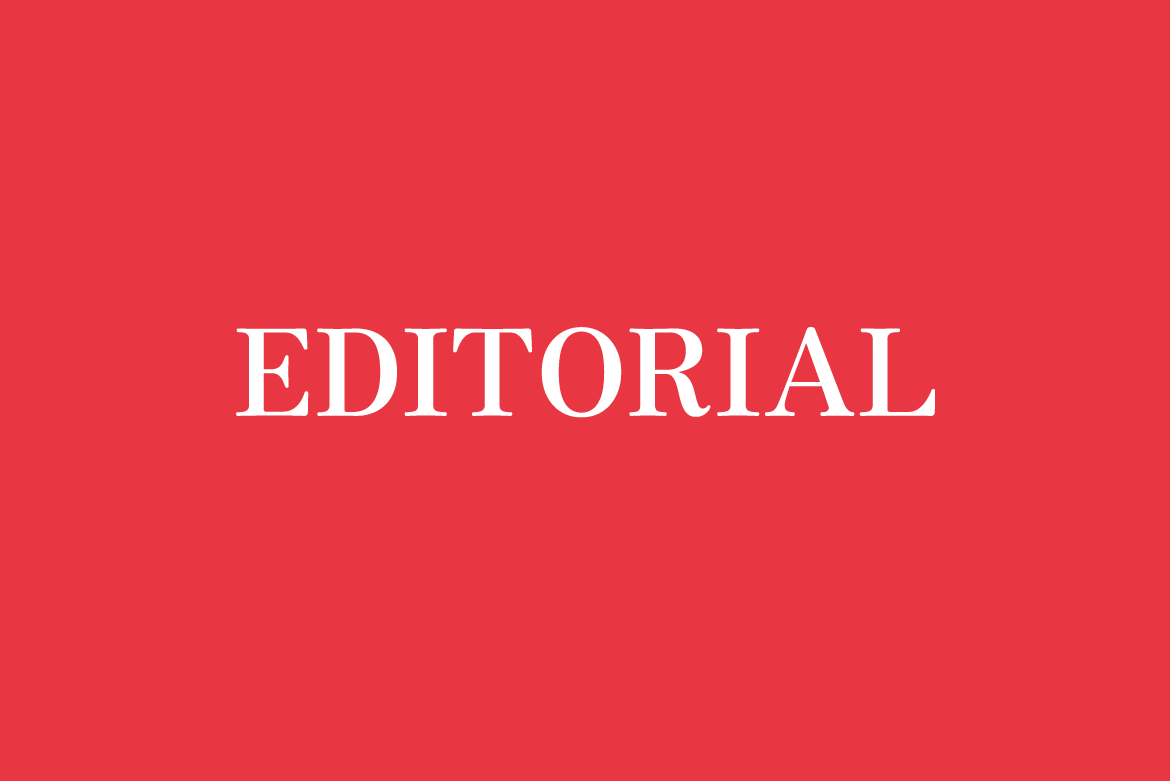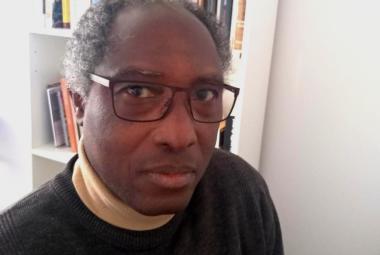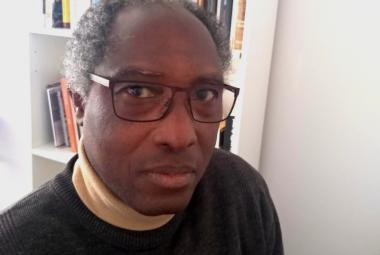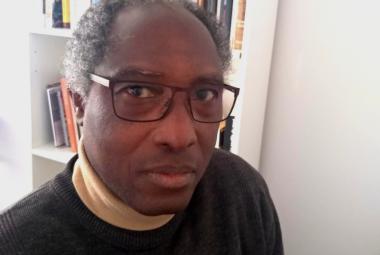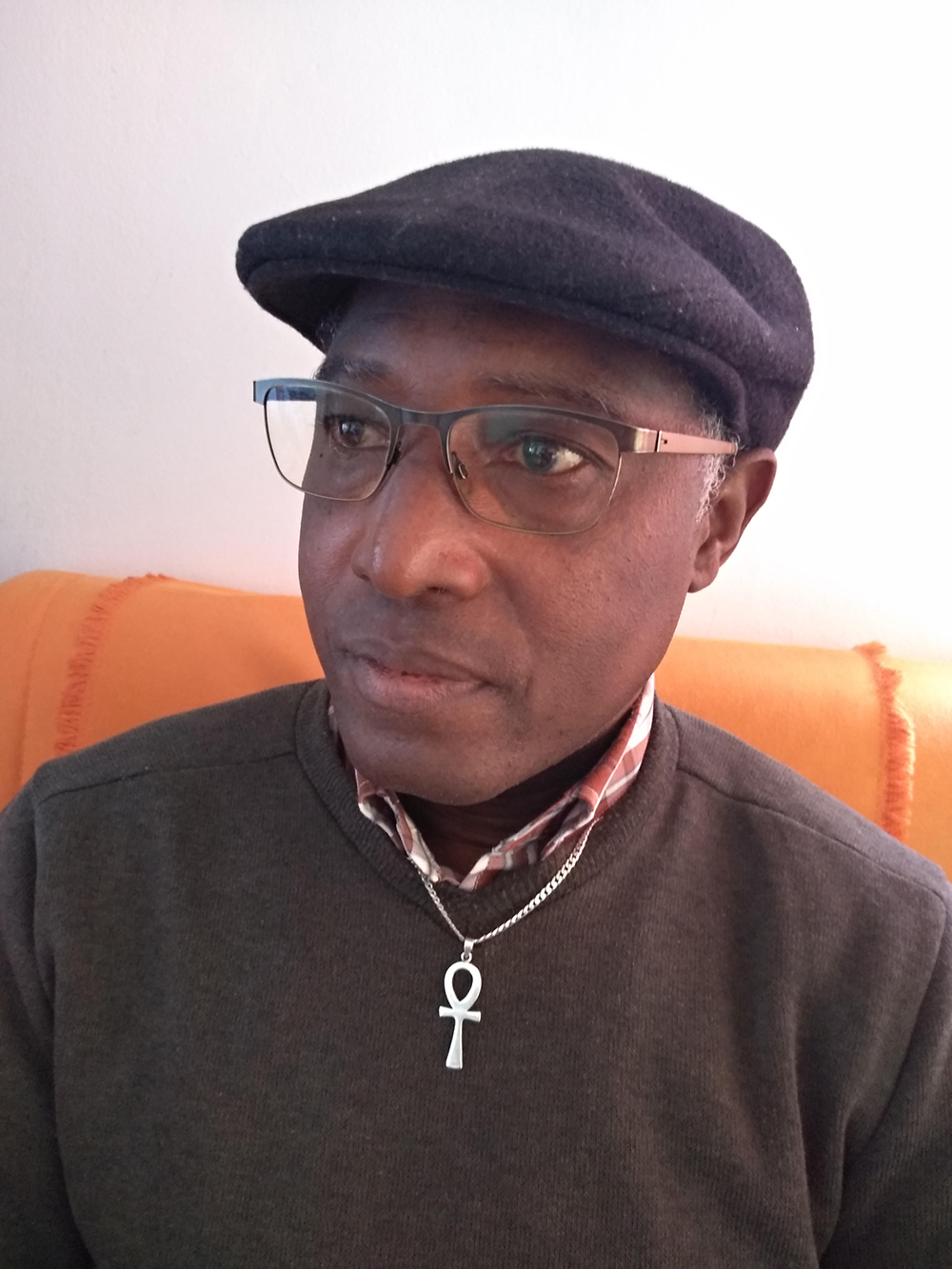
The question of the refoundation of the Economic Community of West African States (ECOWAS) is not new. This institution is even more literally out of step with the aspirations of the peoples of its member states. And its leaders can no longer continue to ignore it.
The question that arises is then the following: How to re-enchant ECOWAS? It must be refounded exclusively on the basis of democratic principles. Can only be a member of ECOWAS from now on, any State which respects its founding principles, among which democracy and the multiparty system must remain forever the cornerstone. If Nigeria has closed its borders, it is also to give food for thought to all the member states of ECOWAS. It is impossible to build common economic standards without common political standards. Otherwise, you just have to stick to economic cooperation agreements between West African states. A dot and a dash.
What ECOWAS needs here and now is more democracy and citizen participation in the construction of this sub-regional entity that is West Africa. In addition to economic convergence criteria, political convergence criteria should be imposed now. And much more, to ensure that the ECOWAS Parliament is elected by a direct general ballot in all the countries of West Africa in order to avoid henceforth having to sit in this august assembly of deputies and illegitimate in the pay of a tyrant. In other words, Deputies who only represent the shadow of themselves or who only represent cliques - as is the case today in Benin Republic - and not the expression of the diversity of opinions and choice of their peoples.
Instead of criticizing ECOWAS, which indeed deserves it on many subjects, it should rather be encouraged to take firmer sanctions against yet more coups d'Etat in West Africa, possibly going as far as outright excluding the organization any country victim of a seizure of power or maintenance in power by undemocratic means of illegitimate authorities according to the ECOWAS Protocol.
In accordance with the cooperation agreement signed on December 21, 2019 between France and the governments of the member states of the West African Monetary Union (UEMOA), the symbolic end of the CFA franc and the march towards the ECO is an opportunity also to rethink a more political and more democratic ECOWAS, even resolutely turned if not towards a sub-regional Federation at least a more concrete integration in the eyes of the peoples of West Africa.
It is not enough to decree the “free movement of people and goods” or to adopt a common currency for economic integration to take place. Many examples elsewhere in the world are there to remind West Africans of this. ECOWAS now has an interest in also integrating men and women, starting especially with its young people who represent the future and who will be the rulers of tomorrow. They need to circulate, study and mix within its member countries thanks to scholarships or programs of meetings and exchanges that it should make available to them. The final objective is to allow them to better discover the member countries, to better know their history and to better build their sub-region in a perspective of development and a momentum of cohesion that goes beyond the framework of the borders of each country. Farmers, the most important mass on which rests the key to the development of many other activities, they too must directly perceive and feel the effects of their belonging to this community space, with the help of projects or subsidies necessary for the development of their various activities. It must be the same for so many other sectors of activity... Not to mention that it is necessary to bring together all the Member States around major projects of a sub-regional nature so as not to always depend on the Abroad: Space Program, Biomedical and Pharmaceutical Research Laboratory, ECOWAS Armed Forces, ECOWAS University, ECOWAS Shipyards, etc. Economic integration must not continue to be just a soothing incantation for West Africans, just to give them a sense of belonging to a community that does not exist in their eyes in the reality of daily life.
All in all, we can only agree with Adama Gaye, Senegalese journalist and essayist, former Director of communication for ECOWAS when he wrote the day after the August 18 coup d'Etat in Mali against the President Ibrahim Boubacar Keïta (IBK) :
"We have always known ECOWAS to be no more than a pale copy of the dream which had brought it to the baptismal font on May 29, 1975, when its founding fathers limited themselves, against bad luck and good heart, around a project of economic integration as a common denominator, had thus created it by putting aside political issues, particularly democratic ones, in a context then marked by a single-party system and the reign of absolutist regimes in the hands of omnipotent leaders. The project created an illusion with the rapid adoption of the first protocols on the free movement of people, goods and services within it, which was due to its first Executive Secretary, the Ivorian Diaby Ouattara.
Then the cross-border road infrastructures, over long distances, made us forget its silences on the democratic aspirations which worked its people in these first years of lead corresponding to its beginnings.
Fast forward. By projecting itself into today's ECOWAS, its stagnation embodies its progressive decay. Its uselessness and the modesty of its budgetary means which make it survive more than exist have transformed it into an institutional mummy. It no longer serves any purpose and its meetings or missions of all kinds have only one consequence, which is to erode its legitimacy until it leaves only a thin invisible layer. Apart from a normative zeal to provide it with all sorts of texts for democratization, crisis management in the region, the creation of a regional currency, or even the institution of a community bank, a parliament and a court of justice, nothing in it is reassuring. She purrs*1.
ECOWAS is certainly in bad shape. And that's the least we can say. But if it can reassure West Africans, ECOWAS is the continental organization that works best in Africa. Which says a lot about the state of Africa itself. We must therefore keep good reason and beware of wanting to throw the Child out with the bathwater. Because without ECOWAS, we would simply be nothing. West Africa would not exist as an entity that is the envy of more than one sub-regional organization in Africa.
Africa must unite, of course, but let's start by uniting West Africa first before talking about Africa as a whole. West Africa or if you want ECOWAS could tomorrow become the engine of the entire African Union. It is no coincidence that the Morocco of King Mohammed VI knocks on its doors and is particularly interested in being an integral part of it.
"After having castigated during his historic speech in Addis Ababa the procrastination for the constitution of a true Union of the Arab Maghreb, and expressed all the good that he thought of other more effective continental organizations, in particular the Economic Community of of West Africa (ECOWAS) mentioned by name, King Mohammed VI matches words with deeds.
Morocco expressed, this Friday, February 24, its desire to join ECOWAS, where it currently has observer status. The request comes directly from King Mohammed VI. It could not be more official, as can be read on the website of the Ministry of Foreign Affairs, which announces the royal decision in a press release:
According to the same source, Morocco's request is "in accordance with the provisions of the founding Treaty of ECOWAS". It "completely satisfies the membership criteria", we can still read. A way to further support the request. Also, the press release is full of praise for the regional group "whose integration process is among the most ambitious and advanced on the scale of the African continent *2".
Mauritania, which has enjoyed an association agreement with the ECOWAS Commission since 2017, is only waiting for its economic reintegration into the sub-region.
If Morocco, which is located in North Africa and the Maghreb, is very interested in joining ECOWAS for its own reasons, there is no reason why Mauritania, which is geographically and quite naturally in West Africa the West is not readmitted. Because it was already there even if it had withdrawn in 2000 in favor of the Union of the Arab Maghreb (UMA) which we know the legendary difficulties of the protagonists to get along. And why not Chad – a country at the crossroads of the peoples of Black Africa -, where most of the peoples of present-day West Africa, historically speaking, come from. And, what is more, a country which was the first on the continent to fly to the aid of Mali and even France in the fight against terrorism. Indeed, it must be said, whatever one may think of the late President Idriss Déby Itno, without the sacrifice of Chadian soldiers, France would have been less tempted and quick to intervene in Mali. That defense and security forces from other ECOWAS countries join what is called G5 Sahel today as an essential embryo to form a large West African Force to fight terrorism and that we stop to talk about the Sahel and sub-Saharans to celebrate the beginning of a union of Black Africa which will thus begin between West Africa and Central Africa.
The year 1990 had to consecrate the effective Abolition of National Citizenship by allowing any Citizen of ECOWAS to take up residence within the community, but also and above all to create businesses on a permanent basis in any country. In 2022, where are we with this provision? However, the Organization for the Harmonization in Africa of Business Law (OHADA) concerns only the so-called French-speaking countries with the exception of Guinea-Bissau and Equatorial Guinea, however only for the so-called English-speaking or other countries and vice versa, it is always the cross and the banner to create a company within this same ECOWAS. And this is where the shoe pinches: when it is necessary to go into the full and complete realization of the planned actions or when it is necessary to innovate for the needs of the cause.
By Marcus Boni Teiga
**1 - Adama Gaye, La Cedeao au Mali: l’éternel train en retard, Financial Afrik, 19 août, 2020 (Adama Gaye, ECOWAS in Mali: the eternal late train, Financial Afrik, August 19, 2020)
*2 – Karia Choukrallah, Pourquoi le Maroc veut (enfin) devenir membre de la CEDEAO, Telquel, LE 24 FÉVRIER 2017 (Karia Choukrallah, Why Morocco wants (finally) to become a member of ECOWAS, Telquel, FEBRUARY 24, 2017)



